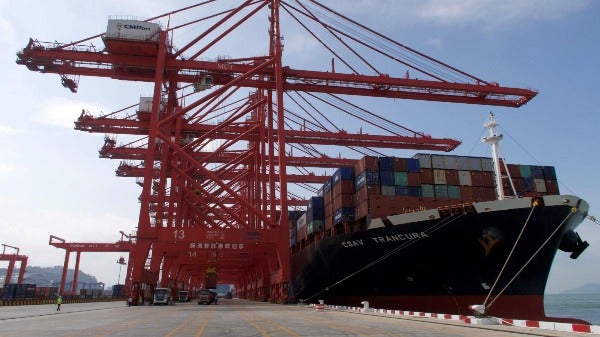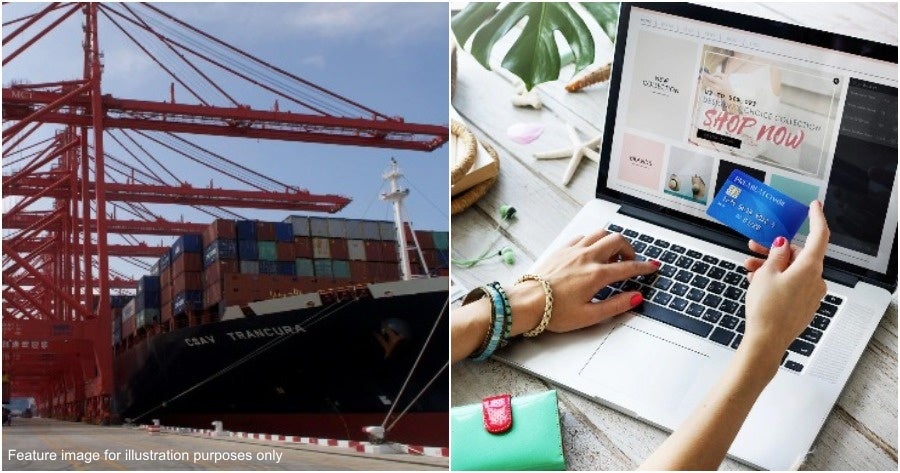Who doesn’t love online shopping?
With Covid-19 not showing any signs of slowing down, lockdown online shopping has become a coping mechanism for many of us. However, international shipping companies are being squeezed to meet the growing demand of online users and it looks like consumers are going to have to fork out extra cash for particular international parcels.
Recently Bloomberg reported that due to the high demand of products that need to be shipped, transporting companies are experiencing a shortage of containers, as well as an insufficient amount of ships and dock workers. This has led to a tightening in transportation capacity on most freight paths.

For illustration purposes only.
China, being one of the world’s largest export trading countries, has been deeply affected by the Covid-19 outbreak in late 2019 and the recent Covid-19 outbreaks are only making matters worse. It has become more expensive for the country to ship on longer-distance routes and this will likely have an effect on the retail prices of goods sold to customers.
“In 40 years in toy retailing, I have never known such challenging conditions from the point of view of pricing,” said Gary Grant, the founder and executive chairman of the U.K. toy shop, The Entertainer. “Will this have an impact on retail prices? My answer has to be yes.”
According to Jordi Espin, strategic manager at Brussels based trade group presenting 100,000 wholesalers, manufacturers and retailers, European Shipper’s Council, this issue has left vendors with no choice but to either halt trades or increase pricing in goods. “These costs are already being passed to consumers,” he said.

For illustration purposes only.
It appears as though the industries that are highly affected by rising freight costs are those which have to move clunky, low-value products such as toys and furniture. “If they are bulky products it means you can’t get very many in the container and that will have a significant impact on the landed price of the goods,” told Grant to Bloomberg.
Meanwhile, international shipping for products such as coffee beans has taken a hard hit as well. According to the report, the squeezed transporting capacity of freight paths has spiked the costs of transporting arabica and robusta coffee beans that are usually sourced from Asia to large international brands like Starbucks.
What do you guys think of this?
Also read: Fight Breaks Out Among Group Of People At KL Wholesale Market Due To Misunderstanding








































